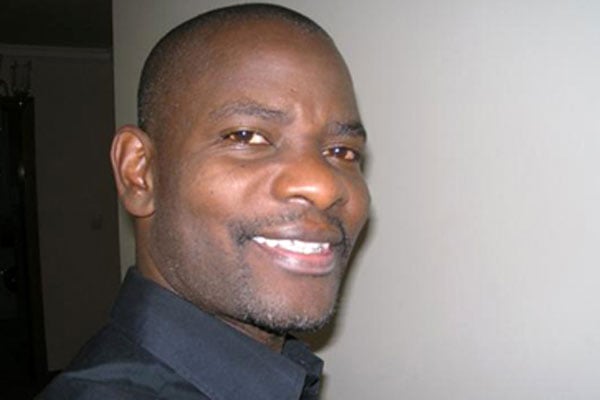Are lovers of witchcraft able to show how it works?

Author: Musaazi Namiti. PHOTO/FILE
What you need to know:
‘‘Can they use witchcraft to force NRM politicians to surrender power?”
My article last Sunday about witchcraft drew mixed reactions from readers. Some said that witchcraft is an integral part of African culture and that there are perfectly good reasons to practise it.
Others said that formal education — which my article said should enable people to think critically and question everything that is questionable — has nothing to do with what people choose to believe.
What surprised me most is that most of the comments I read strongly suggested that people take witchcraft seriously and believe it works well. Are they right?
Perhaps readers will understand better what I mean by witchcraft if I share the dictionary definition of “witchcraft”. The Oxford Advanced Learners Dictionary says witchcraft (in traditional stories and contexts) is the use of magic powers, especially evil ones. (There is a second definition, but I will focus on the first because it is what people have in mind whenever they talk about witchcraft.)
To understand if witchcraft really works, I will pose pertinent questions. Here are some: Which Ugandans possess the magic powers called witchcraft that are used, especially for evil, and how did/do they get those magic powers? Do the magic powers work on everyone? Can they be deployed to deal with powerful Ugandans?
Many Ugandans have tried to use democratic means to remove the NRM government from power but have failed. They have tried to protest, they have petitioned the Supreme Court after disputed presidential elections — and some gave up or decided to join the government.
Can they use witchcraft to force NRM politicians who are stubbornly clinging to power to surrender it? Can witchcraft force President Museveni to step down? How can we use witchcraft against Mr Museveni?
If witchcraft works, why is it that thousands of Ugandans who have lost smartphones and other valuables to robbers and thieves never use magic powers to force the thieves to return stolen items and instead resort to police?
Why do banks, supermarkets and other businesses use police and security guards to secure their premises yet they can use witchcraft to deal with thieves and/or prevent theft?
In the early 2000s, my relative, who once believed witchcraft works, lost his car to robbers. He had offered two men a lift, but after travelling some distance, one man asked him to stop, saying he wanted to ease himself. When my relative stopped, the other man pulled his gun and held him at gunpoint as he demanded the key.
He surrendered the key, and the robbers sped off. Then he hired a sorcerer. The sorcerer took his money but did not force the robbers to return his car. Angry and frustrated, my relative fought the sorcerer and destroyed his bikapu containing juju. Nothing happened to my relative.
In the 1980s, when Mr Museveni was fighting Milton Obote’s government, the army deployed heavily in Luweero, where the rebellion was launched. Soldiers went on a looting spree, stealing anything from iron sheets to chickens.
Some of the civilians they stole from were rumoured to have amayembe, or evil spirits. But no civilian ever deployed those evil spirits against the soldiers. Yet the soldiers killed and raped, robbed and tortured people.
Why Ugandans insist witchcraft works is hard to understand. Is it because humans generally believe what they want, what makes them feel good, as opposed to what evidence supports?
It is all very well for illiterate people to be wowed by witchcraft, but how do educated people fail to see that witchcraft is nonsense?
Mr Namiti is a journalist and former
Al Jazeera digital editor in charge of the Africa desk
[email protected] @kazbuk


